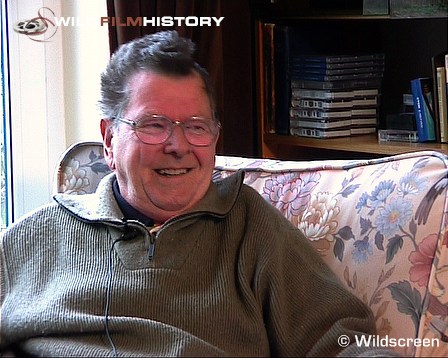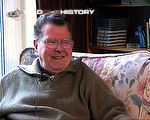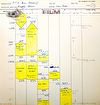Tom Poore

A long-standing BBC editor, Tom Poore developed a strong fascination with radio as a child. On reaching adulthood, he walked out of his first job in a London shipping office and, approaching the entrance of Broadcasting House on impulse, soon began work in the Corporation's Registry Department.
Entering into service in 1943, Tom took up the post of radio operator, later working in Forces Broadcasting for the Middle East. Returning to London after the war he once again joined the BBC, this time in the Gramophone Department. Moving into television editing, Tom spent the next few years learning the trade, working on everything from Panorama to Blue Peter.
1964 saw Tom move to Bristol and begin his long involvement with the Natural History Unit (NHU). Assigned to Peter Scott's Look strand, Tom was responsible for editing numerous shows, including Ronald and Rosemary Eastman's award-winning study, Private Life of the Kingfisher (1966).
Passing on the opportunity to edit the Unit's epic series, Life on Earth, Tom went on to work on multiple films for the The World About Us and The Natural World strands. In 1979, Tom decided to turn freelance, helped greatly by producer Peter Crawford's offer of work on his upcoming series with Angela Rippon, In the Country (1979).
As a freelance, Tom remained in close contact with the NHU, working on many projects including, in 1987, the hugely popular Meerkats United, recently voted the best wildlife documentary of all time by BBC viewers.
In 1988, when Chris Parsons retired from the NHU, he invited Tom to join forces with him. The partnership led to the production of a number of wildlife films in an IMAX format including, in1996, David Attenborough's Survival Island.
Tom now lives near Shepton Mallet and jokes he has kept the industry in the family, with both his children having gone into film and working with the BBC.





